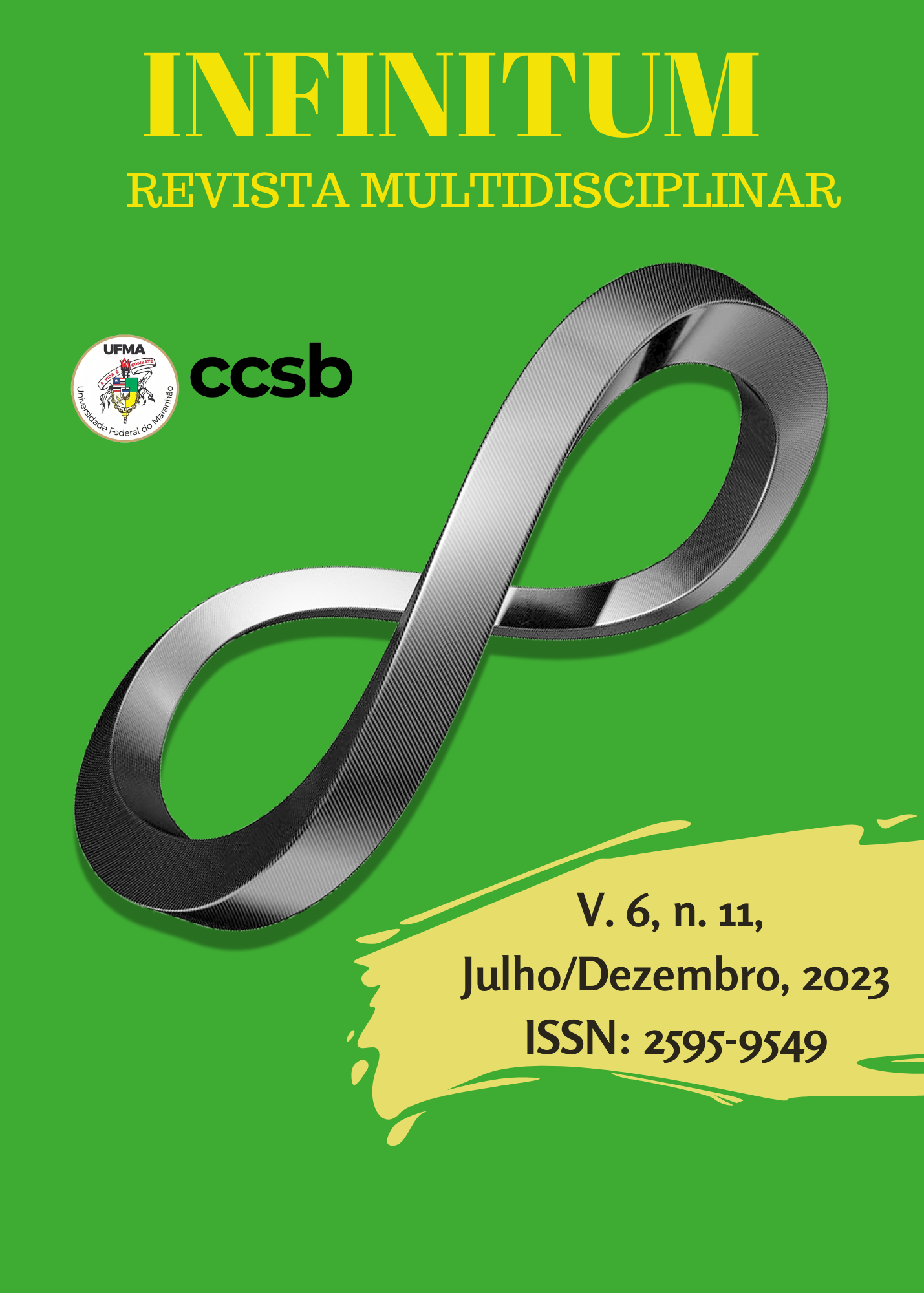EXPERIENCE REPORT
use of digital applications in Portuguese Language classes in Basic Education
DOI:
https://doi.org/10.18764/2595-9549v6n11.2023.12Keywords:
Experience report, Remote teaching, Digital applications, Visual poemsAbstract
The present work is an experience report about reading workshops and textual production of the visual poem genre, in the remote teaching modality. The research aims to analyze the importance of digital applications, such as WhatsApp, Quiz and Padlet, in Portuguese Language classes, in Elementary School. As a fulfillment of the general objective, we have the following specific objectives: a) to report activities of reading and textual production of the visual poem genre carried out from digital applications, in Basic Education, in classes of 9th grade of Elementary School; b) discuss the importance of multiliteracies, among them, digital literacy in reading and writing practices; c) relate literary literacy with digital literacy, as a way of approaching the school of language practices in digital contemporaneity. In view of this, we have as a problem question: how can digital resources contribute to reading strategies and textual production in basic education? The methodology consists of an experience report on conducting workshops on reading and textual production of the visual poem genre, using digital applications. The activities were developed with elementary school students in the city of São Bernardo-MA. Among the research techniques used, we highlight the observation in the school context, and the analysis of texts by students, produced in the workshops, through digital applications, such as: Padlet, Quiz, WhatsApp. The proposed discussions help us understand how digital applications started to develop multiliteracies in Portuguese language classes.
Downloads
References
BAKHTIN, M. M. Estética da Criação Verbal. Trad. Paulo Bezerra. São Paulo: Martins Fontes, 2003 [1979].
BERGMANN, Jonthan; SAMS, Aaron Aprendizagem invertida: uma metodologia ativa de aprendizagem. Rio de Janeiro: LTC, 2016.
BRASIL. Ministério da Educação – MEC (2017). Base Nacional Comum Curricular.
COSCARELLI, C. V., RIBEIRO, Ana Elisa (Orgs.). Letramento digital: aspectos sociais e possibilidades pedagógicas. 2. ed. Belo Horizonte: Autêntica, 2017.
COSSON, Rildo. Letramento literário: teoria e prática. São Paulo: Editora Contexto, 2009.
DEBALD, Blasius. Metodologias ativas no ensino superior: o protagonismo do aluno/ Organizador – Porto Alegre: Penso, 2020.
MARCUSCHI, Luiz A. Gêneros textuais emergentes no contexto da tecnologia digital. In: MARCUSCHI, Luiz A.; XAVIER, Antônio C. (org.). Hipertexto e gêneros digitais. Rio de Janeiro: Lucerna, 2004. p. 13 – 67.
ROJO, Roxane. Escola conectada: os multiletramentos e as TIC´s. São Paulo: Parábola, 2013.
SANTOS, E. P. Gêneros discursivos: uma abordagem dialógica da linguagem. Revista FSA. Teresina - n° 9, p. 243-259, 2012.
SANTOS, E.P. Estilo e marcas linguísticas: duas faces de um mesmo enunciado. Matraga. Rio de Janeiro, v.26, n.47, p.360-376, mai. /ag. 2019
SOARES, Magda Becker. Letramento e alfabetização: as muitas facetas. Revista Brasileira de Educação. n. 25, p. 5-17, jan./abr. 2004.
SOARES, Magda. O que é letramento e alfabetização. SOARES, M. Letramento: um tema em três gêneros. Belo Horizonte: Autêntica. Visualizar documento. [GS Search], 1998.
Downloads
Published
How to Cite
Issue
Section
License
Copyright (c) 2024 Pamela Rayssa Silva Pinho Viana, Eliane Pereira Santos, Maria Francisca da Silva

This work is licensed under a Creative Commons Attribution 4.0 International License.
A Infinitum: Revista Multidisciplinar está licenciada com uma Licença Creative Commons Atribuição 4.0 Internacional.









